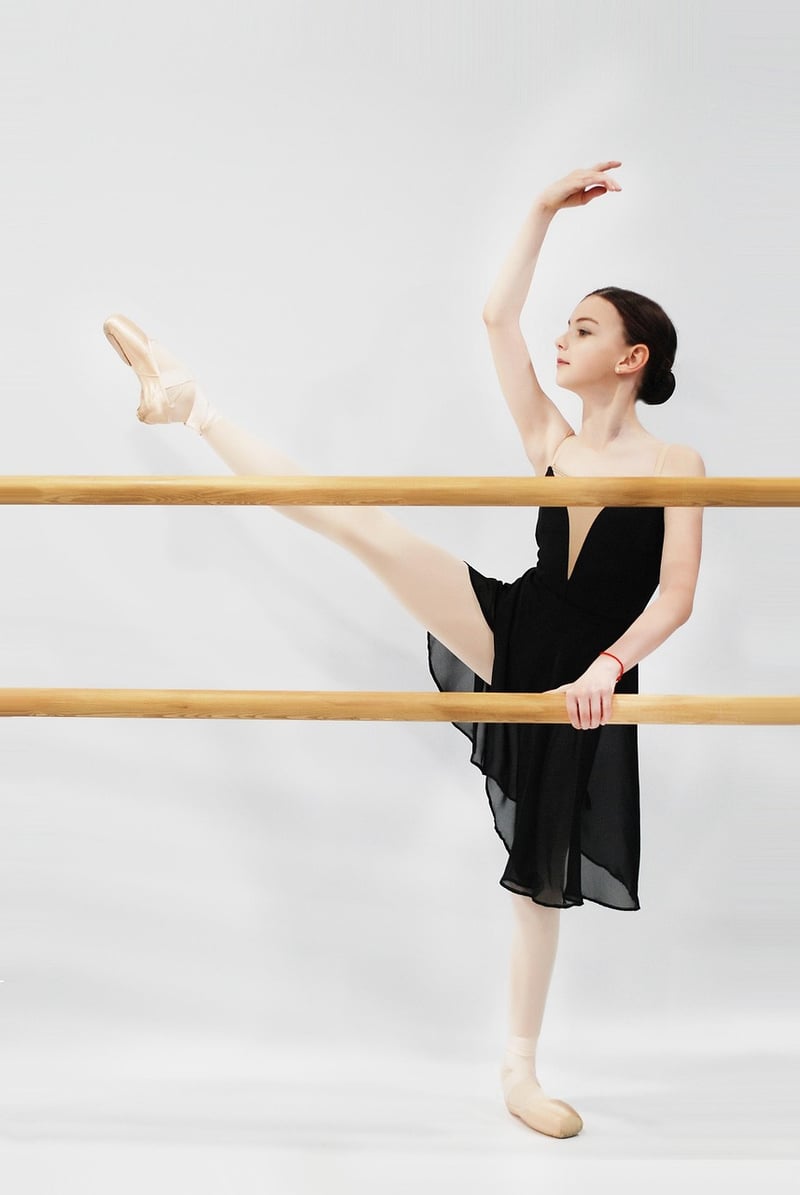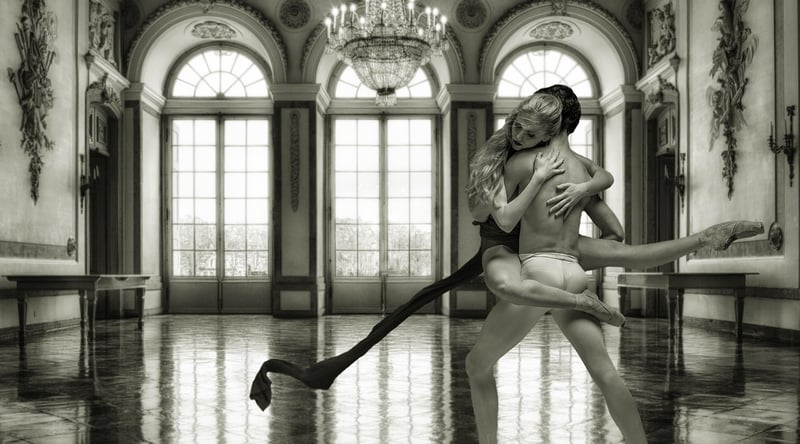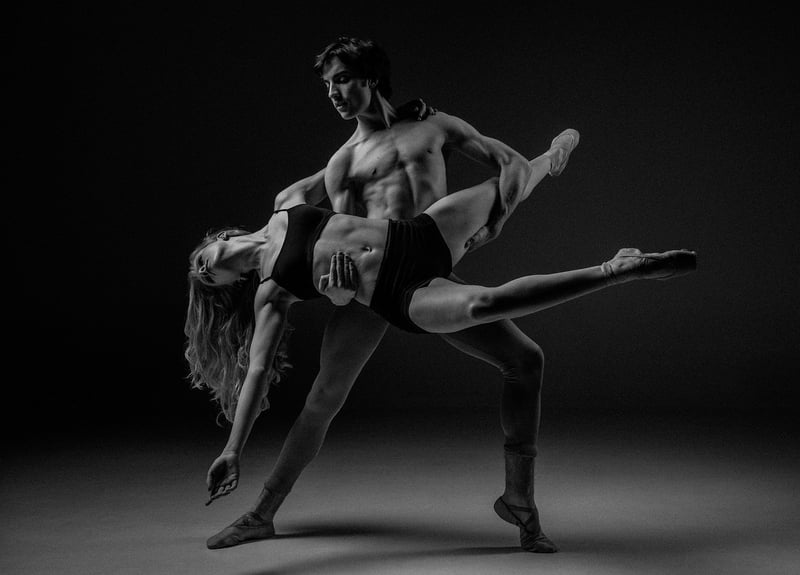Ballet basics
Expressive and Joyful Movement: Ballet Basics
Ballet, with its graceful movements and expressive storytelling, has captivated audiences for centuries. Whether you're a beginner or a seasoned dancer, mastering the basics of ballet is essential to embodying the art form's beauty and elegance.
The Five Ballet Positions
Every ballet dancer must start with learning the five basic positions of the feet and arms. These positions serve as the foundation for all ballet movements and transitions.
- First Position
- Second Position
- Third Position
- Fourth Position
- Fifth Position
Plie, Tendu, and Releve
Three fundamental movements in ballet are plie (to bend), tendu (to stretch), and releve (to rise). These movements help strengthen the legs and improve balance and posture.
Expressive Storytelling
Ballet is not just about technical movements but also about conveying emotions and stories through dance. Dancers use their bodies and facial expressions to bring characters to life and evoke feelings in the audience.

Benefits of Ballet
Aside from the artistic expression, ballet offers numerous physical and mental benefits. It improves flexibility, strength, coordination, and posture. Ballet also enhances discipline, focus, and self-expression.
Find Your Joy in Ballet
Whether you dream of performing on stage or simply want to experience the joy of movement, ballet is a beautiful art form that welcomes all ages and abilities. So slip on your ballet shoes, embrace your inner dancer, and let the music guide you in a world of grace and expression.

Start your ballet journey today and discover the magic of expressive and joyful movement!
For more information on ballet classes and performances, visit American Ballet Theatre.
